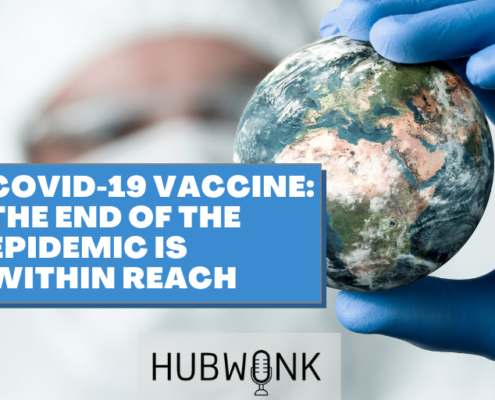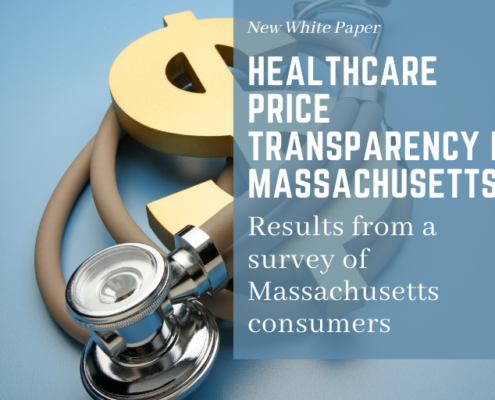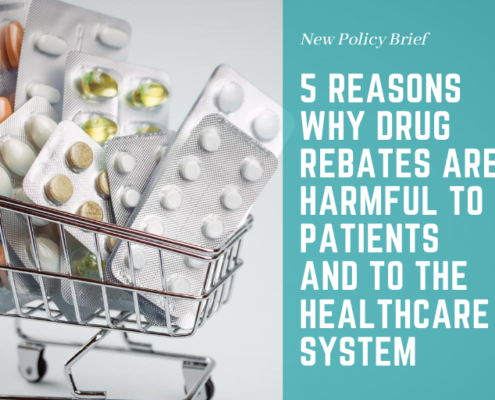Making Healthcare Prices Accessible
/in Featured, Healthcare, Press Releases: Health Care, Press Releases: Healthcare Transparency, Transparency /by Editorial StaffToday, Pioneer Institute filed a Public Comment with the federal government urging the U.S. Department of Health and Human Services (HHS) to launch a much-needed national effort to make healthcare price transparency consumer friendly and easily accessible to both insured and uninsured consumers around the country.
The Pioneer Comment was filed in response to a proposed rulemaking by HHS that seeks to improve the availability of actual healthcare prices, including prices that insurers and hospitals negotiate. Pioneer informed HHS of its numerous surveys and studies that demonstrate how difficult it is for consumers to obtain healthcare prices before services are obtained.
Jim Stergios, Pioneer’s Executive Director, said “Suppressing price information leads to the inevitable result that healthcare dollars are misallocated because price information is not available to help guide decision-making by consumers and businesses.”
Pioneer Institute is an independent, non-partisan, privately funded research organization that seeks to improve the quality of life in Massachusetts through civic discourse and intellectually rigorous, data-driven public policy solutions based on free market principles, individual liberty and responsibility, and the ideal of effective, limited and accountable government.
Related Research

Patient-centered Model Outshines Insurance-centered Healthcare during Pandemic
Study: Massachusetts Should Embrace Direct Healthcare Options

COVID-19 Vaccine: The End of the Epidemic is Within Reach

Voting for Health: Party Opinions, Election Results & the Healthcare Policy Implications of Election 2020

Hockey Sidelined Again

Survey: Consumers Want Healthcare Price Information, But Few Realize It’s Available

Staving Off Disaster: Lessons from Covid Applied to the Epic Battle Against Drug Resistant Microbes

Study: Growth of Antibiotic-Resistant Infections Could Have Massive Human, Financial Costs

Getting Nursing Home Care Right

Drug Rebates: How Pharmacy Benefit Managers Manipulate Price & Limit Choice

Confronting COVID Constraints: How Certificate of Need laws stifle innovation, increase costs, and reduce quality in healthcare

Study: Growing Drug Rebates Hurt Both Consumers and Healthcare System



